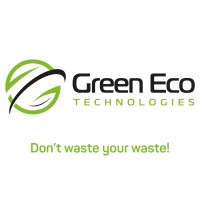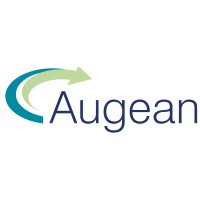
Green Eco Technologies
Green Eco Technologies (GET) develops, supplies and manages innovative, efficient, and environmentally beneficial, on-site solutions for the conversion and re-purposing of food waste into reusable resources. Contact us at [email protected]. The company’s WasteMaster food conversion system uses unique proprietary technology to convert and reduce food waste, without additives or water, into a residual material which can be re-used in positive ways such as the production of green energy through anaerobic digestion. With offices and manufacturing sited in the UK and Australia, as well as representation in the United States, the United Arab Emirates, Singapore and Spain, GET supports customers to reduce the impact of food waste disposal both on their businesses and the Environment.






